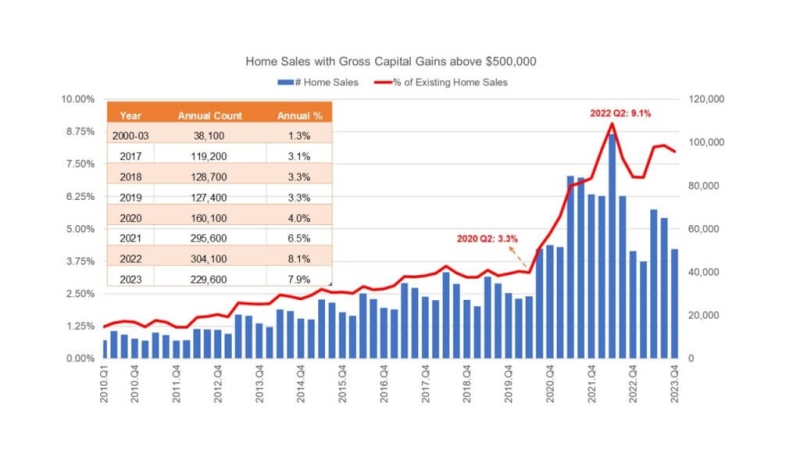Advertisement
HUD enacts policy to speed sale of foreclosed properties to new owners

In an effort to stabilize home values and improve conditions in communities where foreclosure activity is high, U.S. Department of Housing & Urban Development (HUD) Secretary Shaun Donovan has announced a temporary policy that will expand access to FHA mortgage insurance and allow for the quick resale of foreclosed properties. The announcement is part of the Obama administration commitment to addressing foreclosure. Secretary Donovan recently announced $2 billion in Neighborhood Stabilization Program grants to local communities and non-profit housing developers to combat the effects of vacant and abandoned homes.
"As a result of the tightened credit market, FHA-insured mortgage financing is often the only means of financing available to potential homebuyers," said Donovan. "FHA has an unprecedented opportunity to fulfill its mission by helping many homebuyers find affordable housing while contributing to neighborhood stabilization."
With certain exceptions, FHA currently prohibits insuring a mortgage on a home owned by the seller for less than 90 days. This temporary waiver will give FHA borrowers access to a broader array of recently foreclosed properties.
"This change in policy is temporary and will have very strict conditions and guidelines to assure that predatory practices are not allowed," Donovan said.
In today's market, FHA research finds that acquiring, rehabilitating and the reselling these properties to prospective homeowners often takes less than 90 days. Prohibiting the use of FHA mortgage insurance for a subsequent resale within 90 days of acquisition adversely impacts the willingness of sellers to allow contracts from potential FHA buyers because they must consider holding costs and the risk of vandalism associated with allowing a property to sit vacant over a 90-day period of time.
The policy change will permit buyers to use FHA-insured financing to purchase HUD-owned properties, bank-owned properties, or properties resold through private sales. This will allow homes to resell as quickly as possible, helping to stabilize real estate prices and to revitalize neighborhoods and communities.
"FHA borrowers, because of the restrictions we are now lifting, have often been shut out from buying affordable properties," said FHA Commissioner David H. Stevens. "This action will enable our borrowers, especially first-time buyers, to take advantage of this opportunity."
The waiver will take effect on Feb. 1, 2010 and is effective for one year, unless otherwise extended or withdrawn by the FHA Commissioner. To protect FHA borrowers against predatory practices of "flipping" where properties are quickly resold at inflated prices to unsuspecting borrowers, this waiver is limited to those sales meeting the following general conditions:
► All transactions must be arms-length, with no identity of interest between the buyer and seller or other parties participating in the sales transaction.
► In cases in which the sales price of the property is 20 percent or more above the seller's acquisition cost, the waiver will only apply if the lender meets specific conditions.
► The waiver is limited to forward mortgages, and does not apply to the Home Equity Conversion Mortgage (HECM) for purchase program.
Specific conditions and other details of this new temporary policy are in the text of the waiver, available here.
For more information, visit www.hud.gov.
About the author





